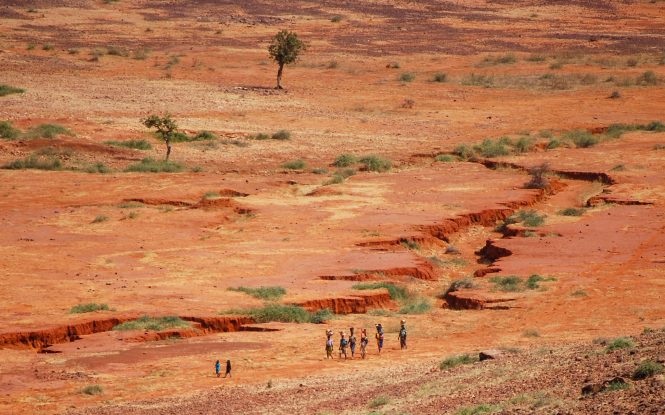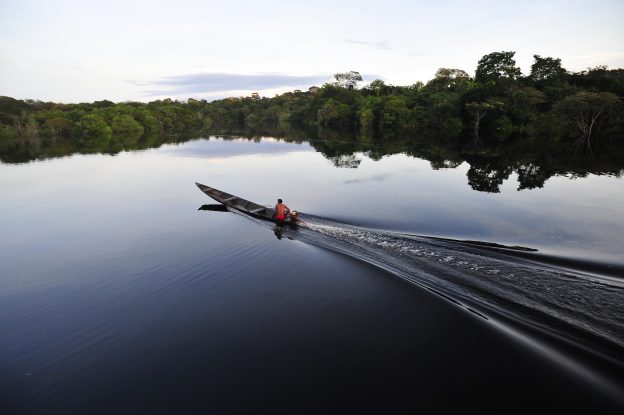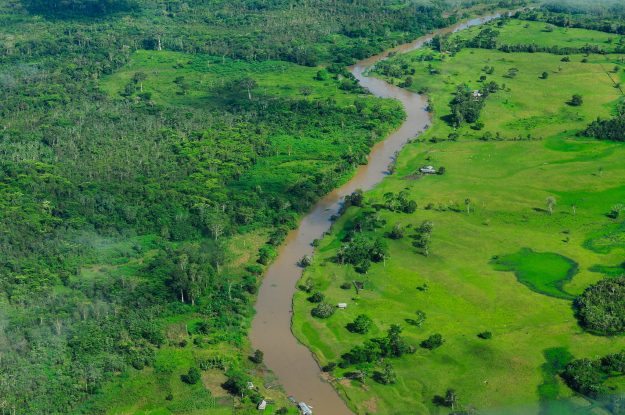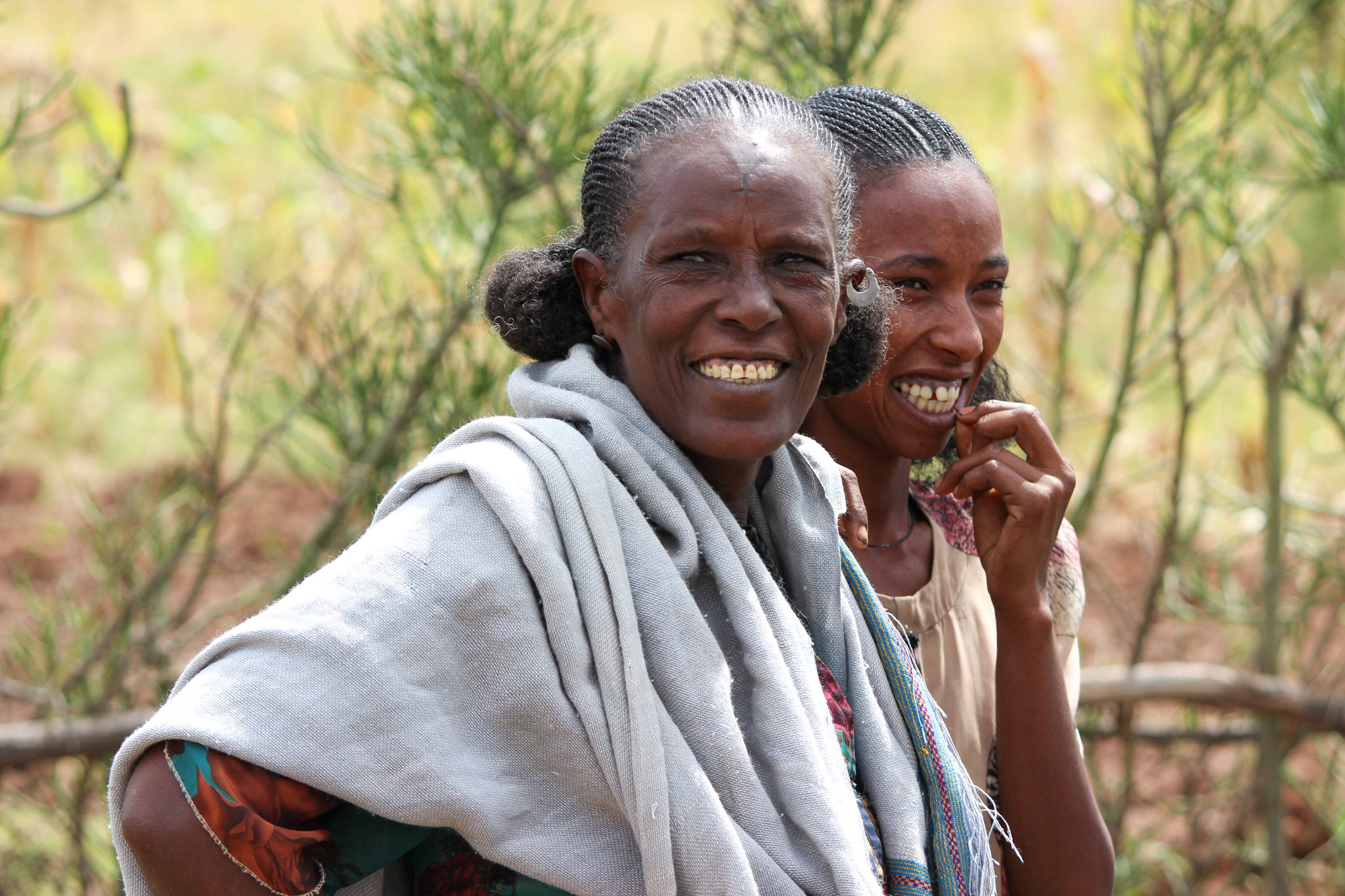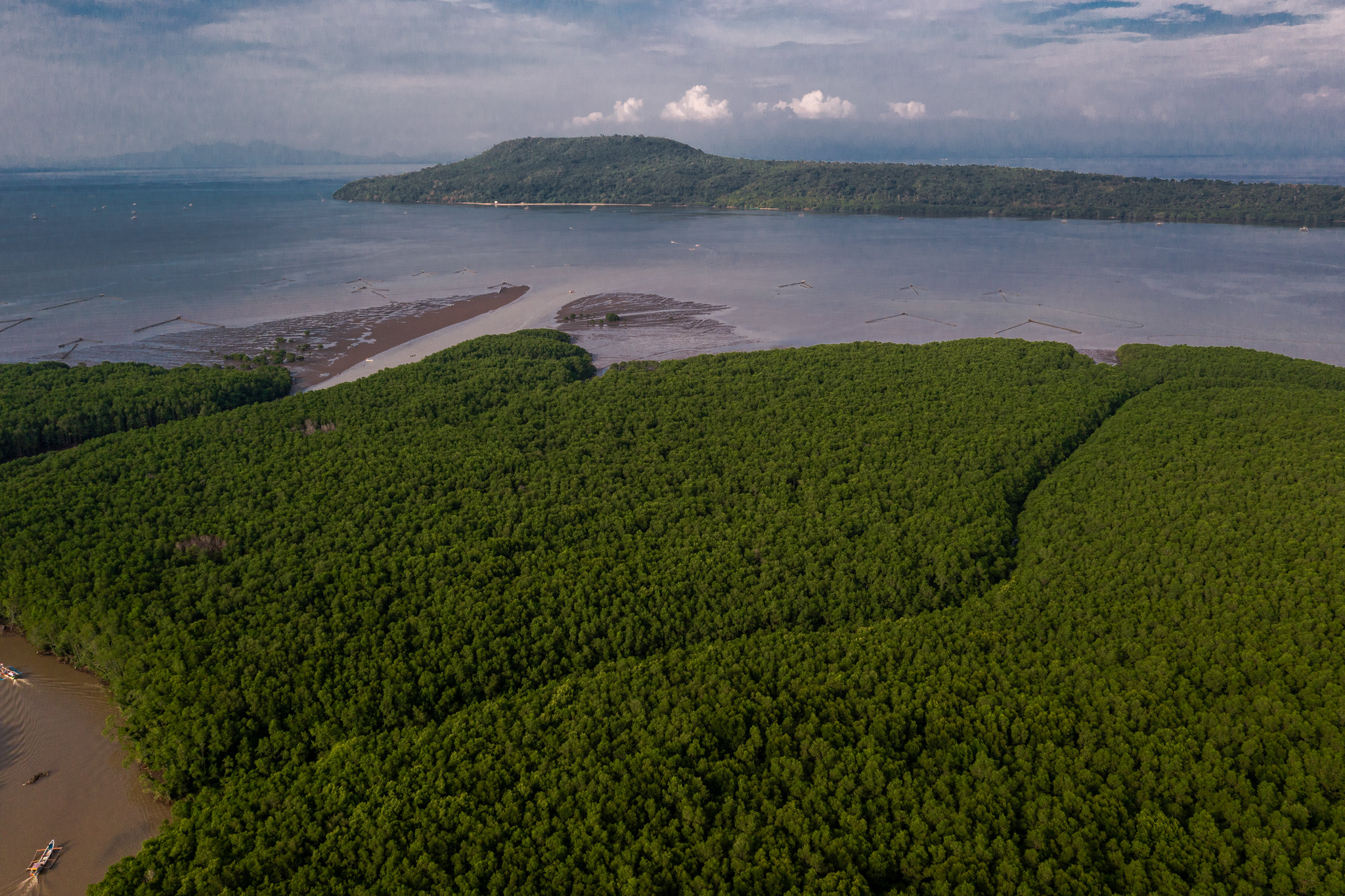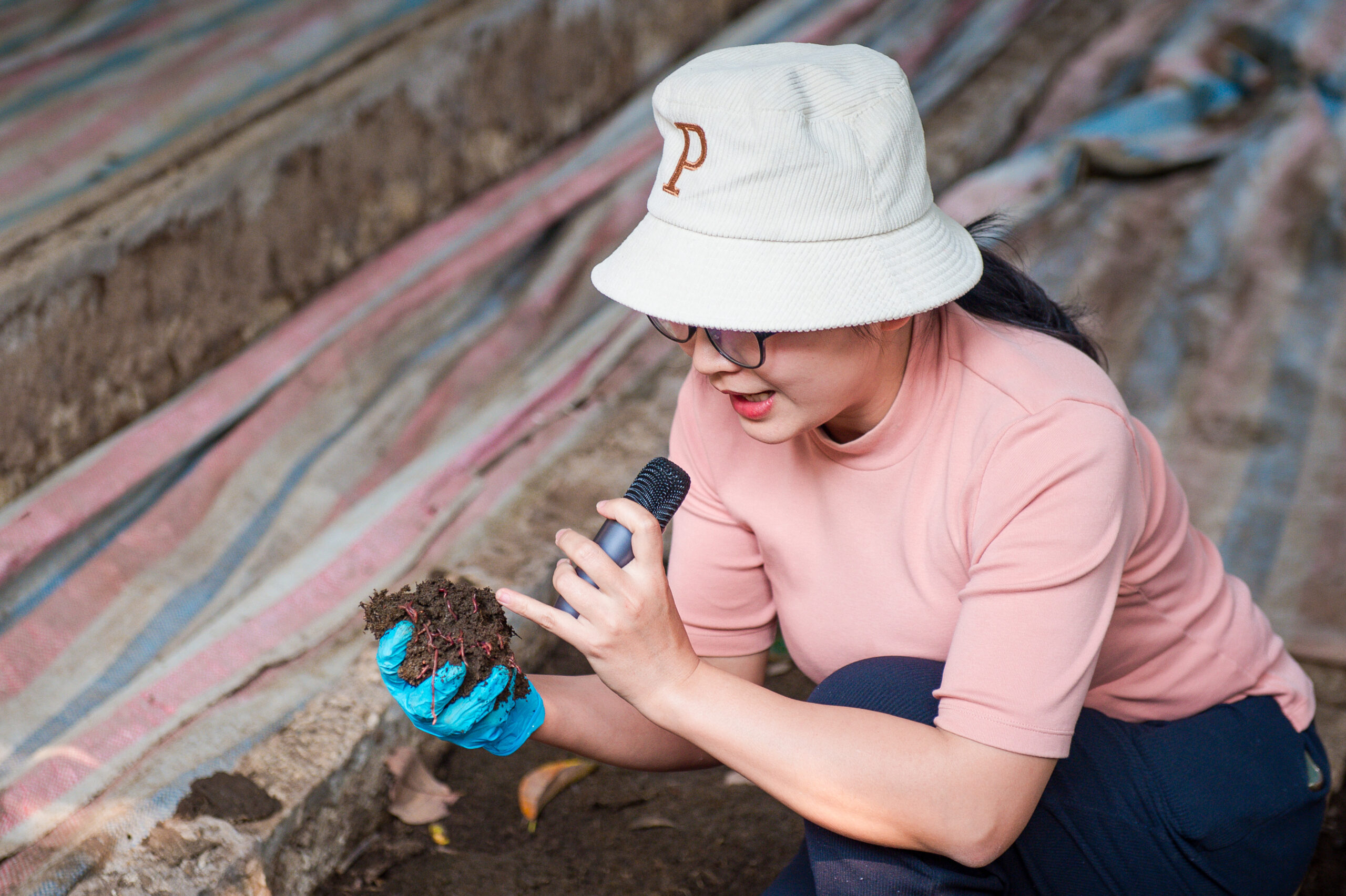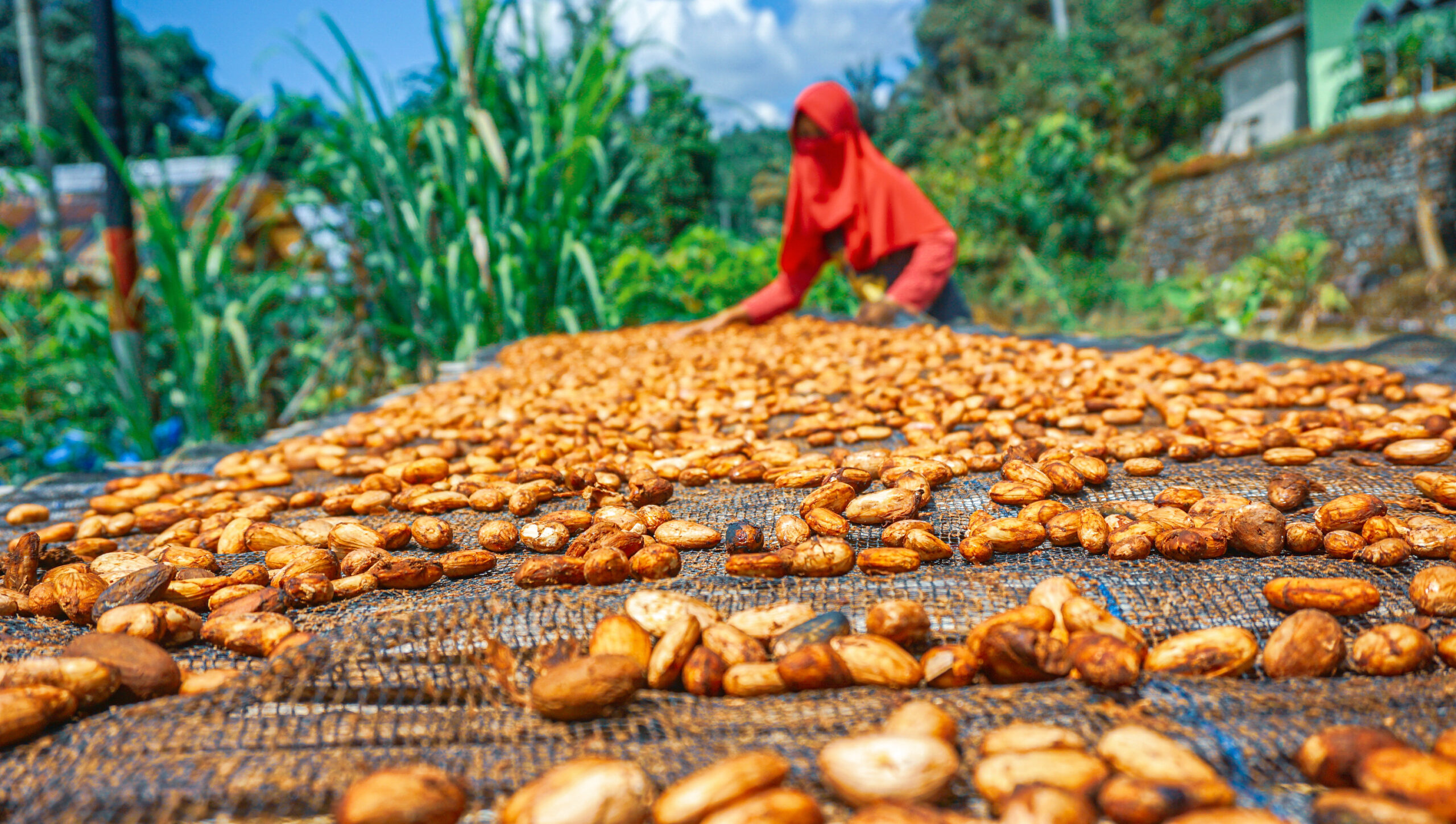Women’s empowerment in Malawi is central to food security and economic stability. Across the country, women are responsible for much of the farming that sustains households and communities, yet their contributions often go unrecognised. Research confirms the tangible impact of empowerment: Young et al. (2023) found that when women have greater decision-making power, own assets and participate in community groups, low-income households grow a more diverse range of crops. This crop diversity strengthens food system resilience.
Yet structural barriers remain. Kampanje et al. (2022) highlighted the challenges farmers face in connecting with fruit markets. Most of the produce is consumed at home, and when fruits do reach markets, women are often limited to selling small quantities at low prices, while men dominate larger and more profitable sales. Household duties and the need for spousal permission further restrict women’s mobility, while men are free to travel to distant markets, purchase in bulk and reinforce their control over fruit trading.
Strengthening women’s roles in food tree value chains
To respond to these disparities, thePrioritizing Options for Women’s Empowerment and Resilience in Food Tree Value Chains in Malawi (POWER) project was launched. Implemented by the Center for International Forestry Research and World Agroforestry (CIFOR-ICRAF) with funding from Canada’s International Development Research Centre (IDRC), the initiative seeks to strengthen women’s roles in food tree value chains, particularly mango. Active in 17 clusters across Mzimba and Kasungu districts, POWER operates at the intersection of gender equity and technical innovation to build resilience and create fairer opportunities.
The project aims to expand the Gender Action Learning System (GALS) approach through refresher sessions in existing bulking clusters. It also promotes improved management practices for mango trees — such as pruning and manuring — to close yield gaps and provides quality grafted seedlings to farmers. Another priority is to strengthen the institutional capacity of mango bulking groups and ensure their long-term viability by linking them with buyers such as Malawi Mangoes Ltd. In addition to fruit produced on farms, the company’s out-grower supply chain helps boost yields and connects smallholders to profitable markets. Nearly 4,500 farmers with mango trees, including those supported by this project, have been organised to supply produce.
Seeing change on the ground
From 15 to 18 July 2025, a delegation visited project sites in Mzimba North and Kasungu to assess progress and observe the impact on women farmers. The group included representatives from IDRC, CIFOR-ICRAF, the Lilongwe University of Agriculture and Natural Resources (LUANAR) and district agriculture staff. Delegates included Dr Paul Okwi, senior program specialist at IDRC; Dr Karl Hughes, POWER principal investigator and head of monitoring, evaluation and impact at CIFOR-ICRAF; Dr Joyce Njoloma, agroforestry associate scientist at CIFOR-ICRAF; Dr Jessica Kampanje Phiri from LUANAR; and Christopher Katema, CIFOR-ICRAF consultant.
For the visitors, the trip offered a chance not only to evaluate progress but also to understand the everyday challenges women face in agricultural value chains. Despite their essential contributions to farming, women are still constrained by traditional norms and structural barriers. To address these, the project provides hands-on training in technical and climate-resilient farming practices, giving participants the tools to adapt to environmental pressures while boosting their yields and livelihoods. One such example was found at the household of Mr and Mrs Mathambo in Kasungu. On their farm, they cultivate over 100 medium-sized mango trees along with 18 other fruit-bearing varieties. After joining the GALS training, the couple restructured how they share household responsibilities. This shift has enabled them to generate more than 6 million Malawian kwacha (USD 3,460) annually from mangoes and other crops. In Zombwe 2 Cluster in Mzimba, the delegation met Victor Tembo, who has combined farming with entrepreneurship. Running a nursery of 400 mango trees—including Kent and Tommy Atkins varieties—he has sold produce to Malawi Mangoes in Salima and reinvested the profits to buy a dairy cow and a vehicle. With his wife and sons taking active roles—his sons now manage the nursery—Tembo is planning to expand to 1,000 trees within three years, purchase a three-tonne lorry for deliveries and install a submersible pump for irrigation. The final visit was to the farm of Gregoria Chisale, a widow who began with only three mango trees and now manages an orchard of more than 1,100. Applying techniques such as mulching, watering and regular clearing, she has steadily grown her farm. She also raises 36 layer chickens, which provide food and income, and runs a nursery that supplies seedlings to fellow farmers. With support from her child and in-laws, Chisale has built a resilient and diversified household enterprise—an approach she credits to lessons learned through the project. The field visit made clear that the POWER project is more than a technical intervention—it is reshaping how women and men work together in farming households and communities. By promoting empowerment and resilience in food tree value chains, the initiative is enhancing food security while advancing gender equality in Malawi. As the project approaches completion in December 2025, the team is sharing lessons with government partners and other stakeholders interested in adopting similar approaches. So far, more than 12,300 mango trees have been planted across 382 households, covering over 30 hectares. Of the 766 growers trained in pruning, watering, tree protection and fruit-based value chains, 60 percent are women. These results point to long-term productivity and sustainability—and to the possibility of scaling a model that places women’s empowerment at the centre of resilient food systems. The Prioritizing Options for Women’s Empowerment and Resilience in Food Tree Value Chains in Malawi (POWER) project is implemented by CIFOR-ICRAF with funding from Canada’s International Development Research Centre (IDRC) and support from the Government of Canada. The project works in close partnership with the Lilongwe University of Agriculture and Natural Resources (LUANAR), district agriculture offices in Mzimba and Kasungu, and local farmer groups.

Looking ahead: Scaling lessons and sustaining change
Acknowledgements

